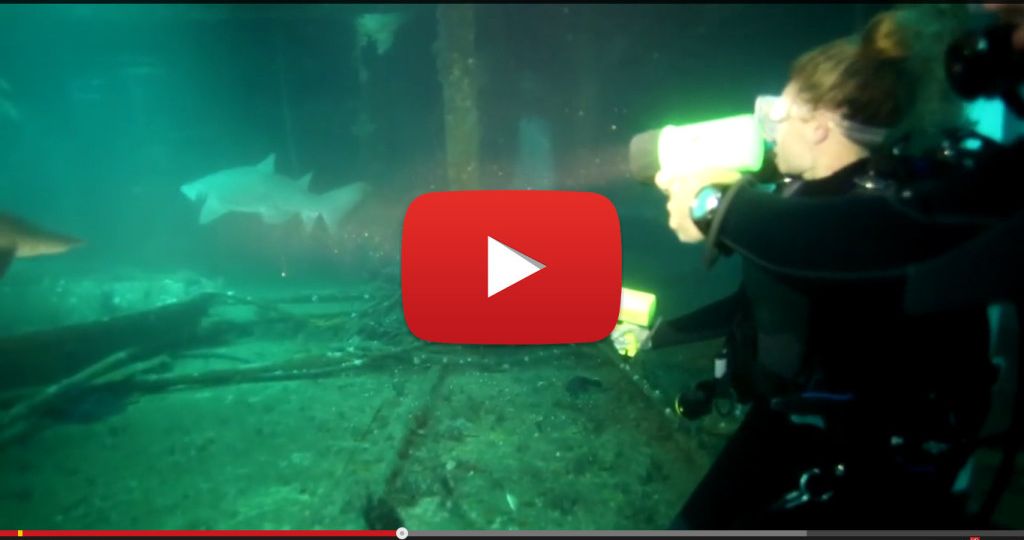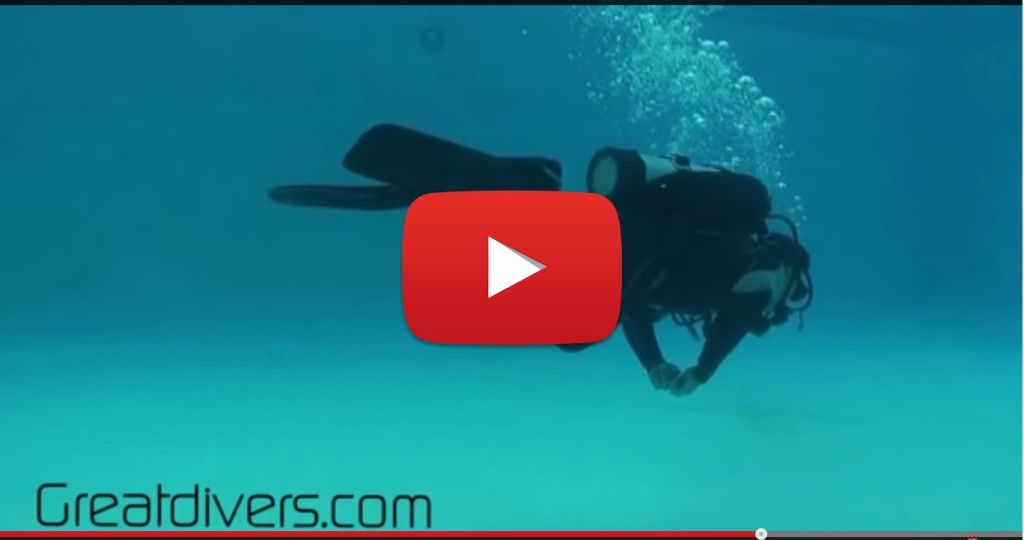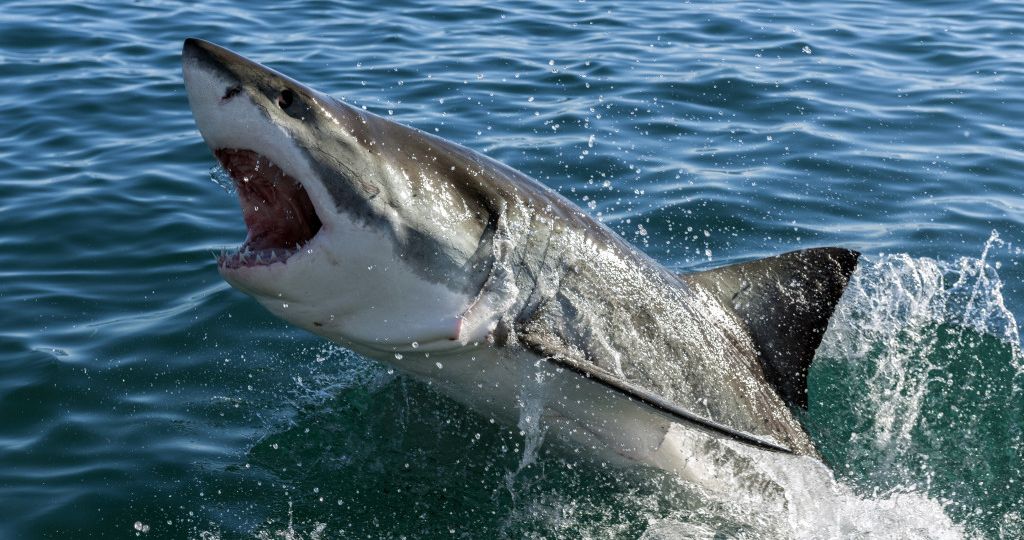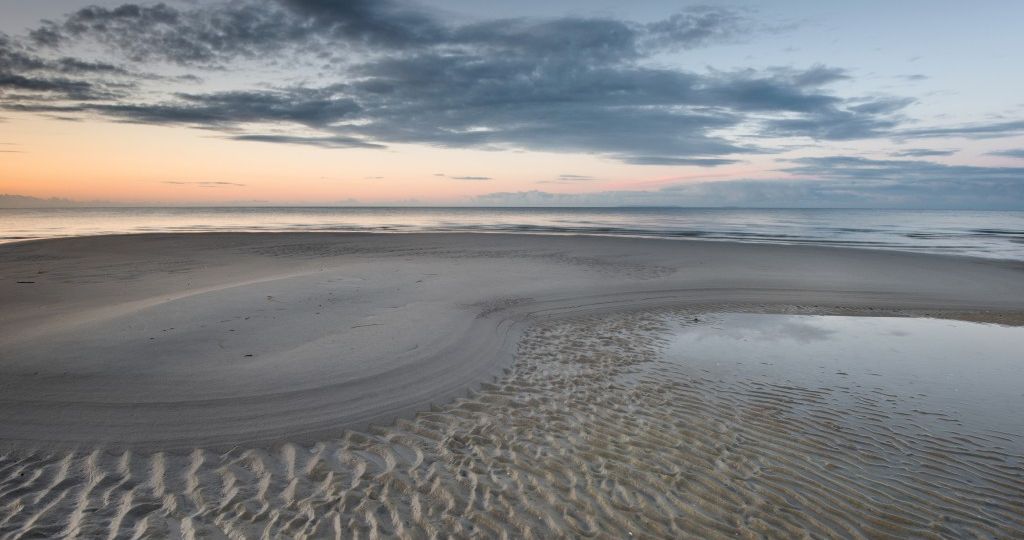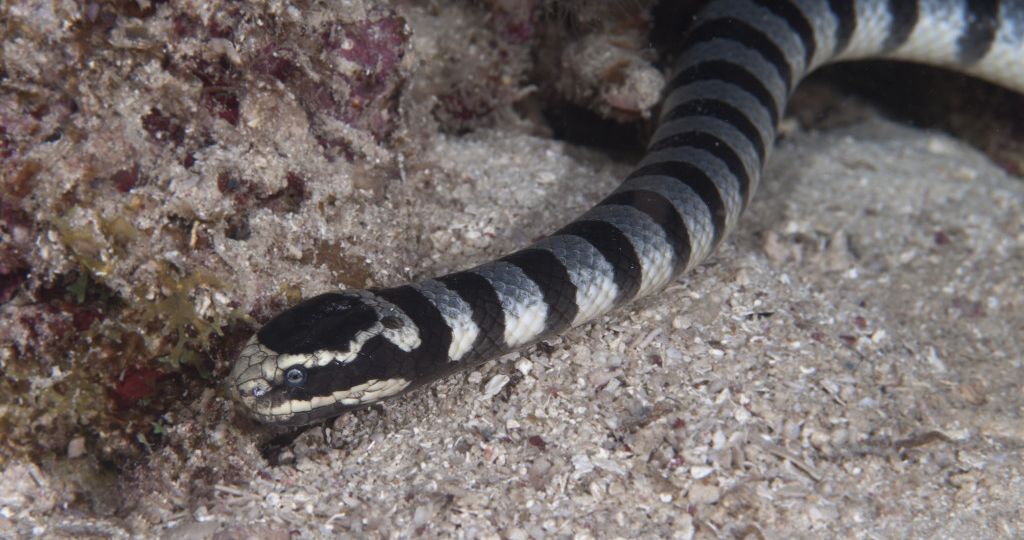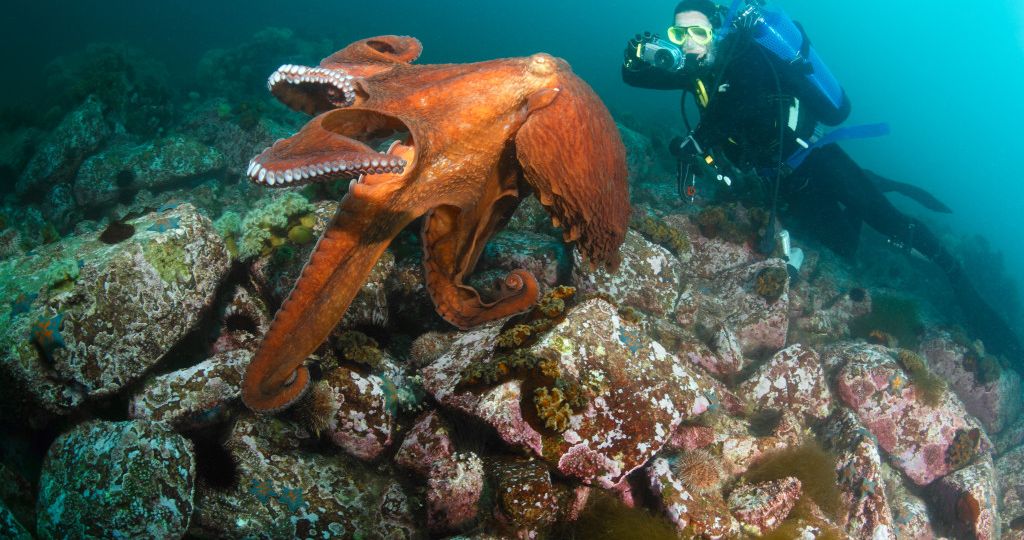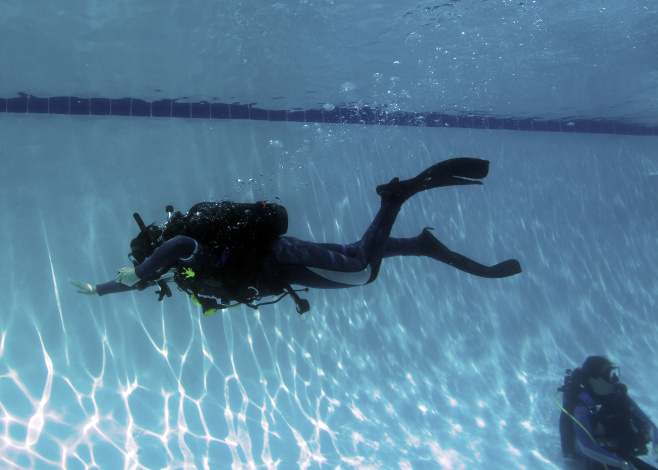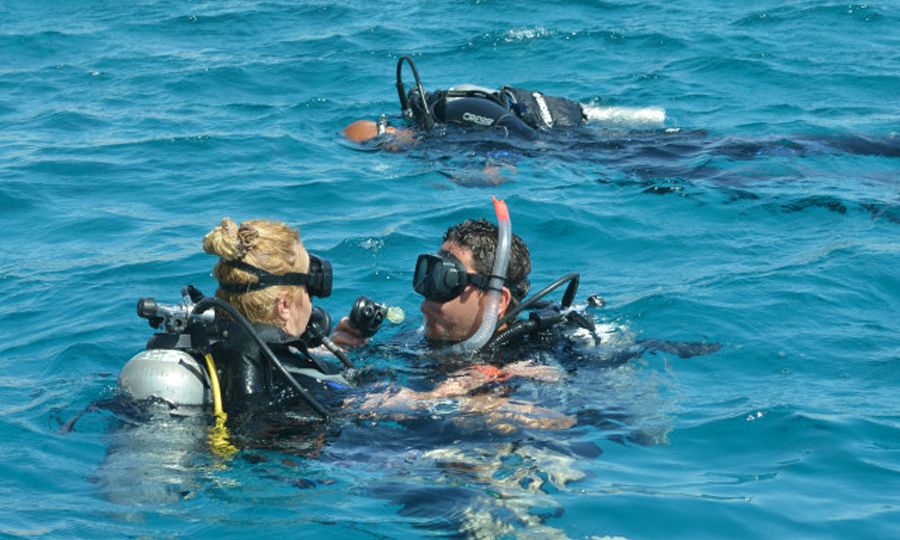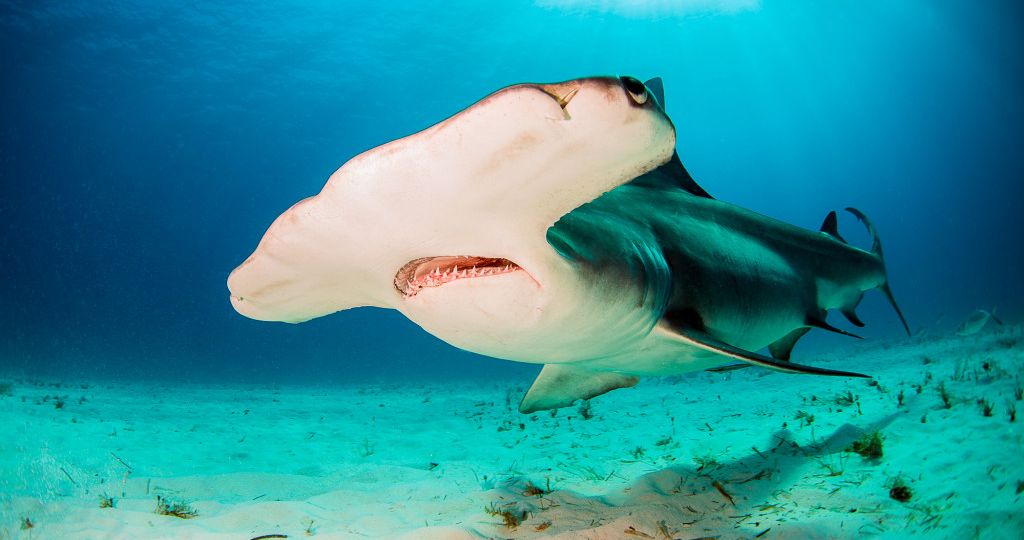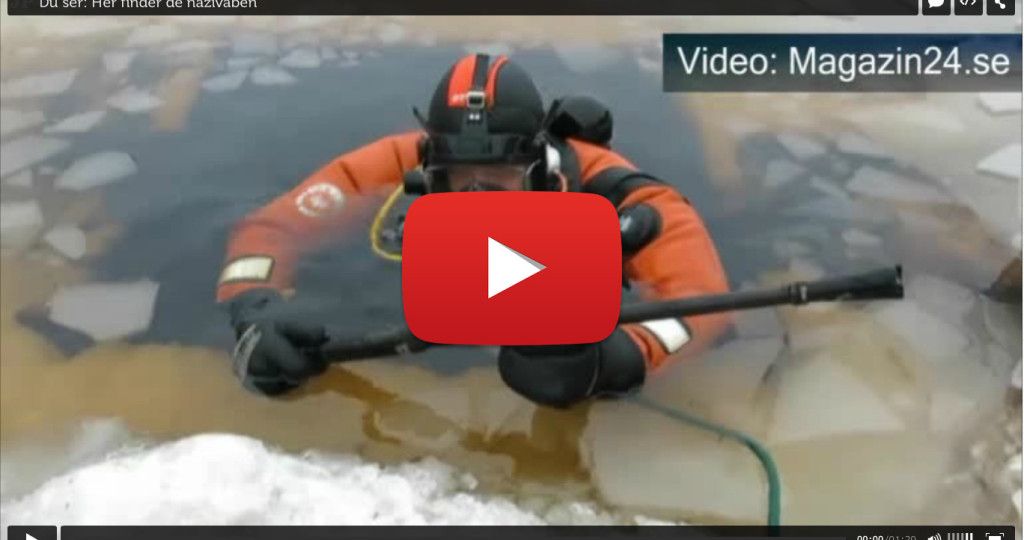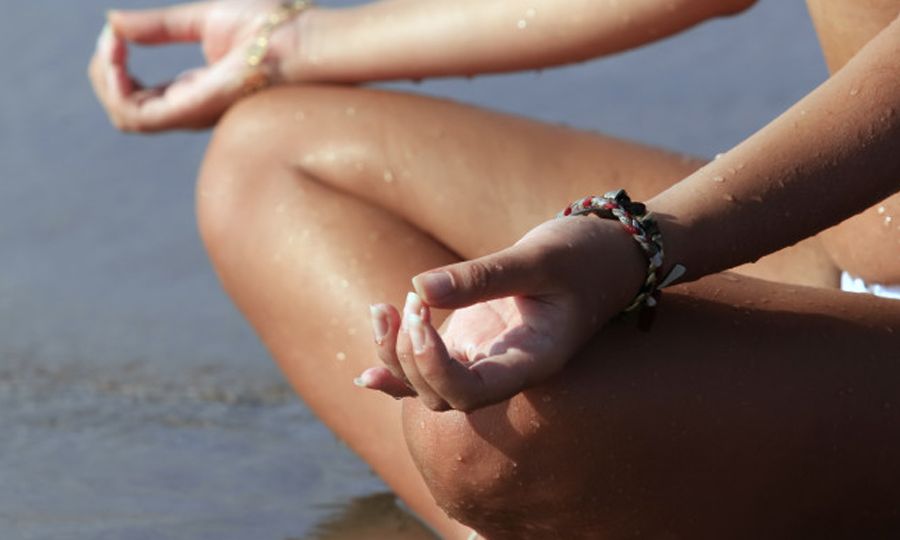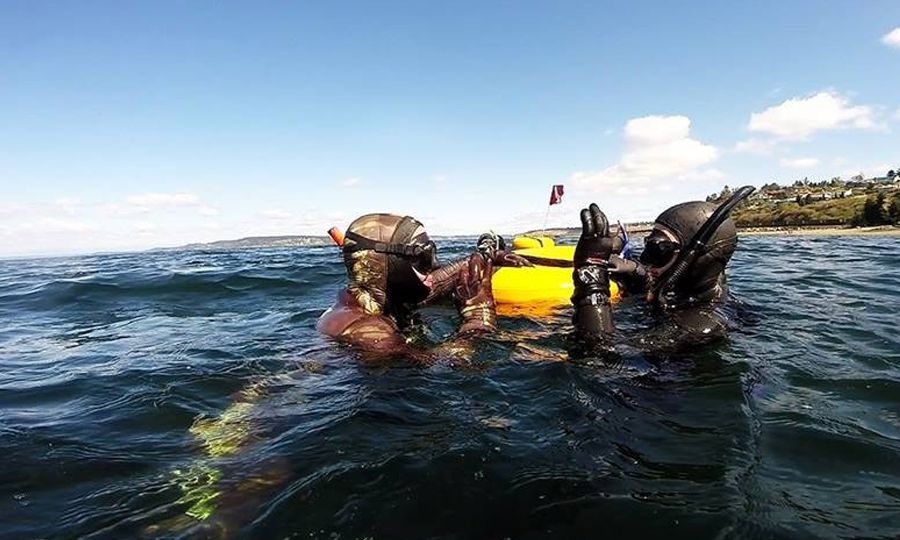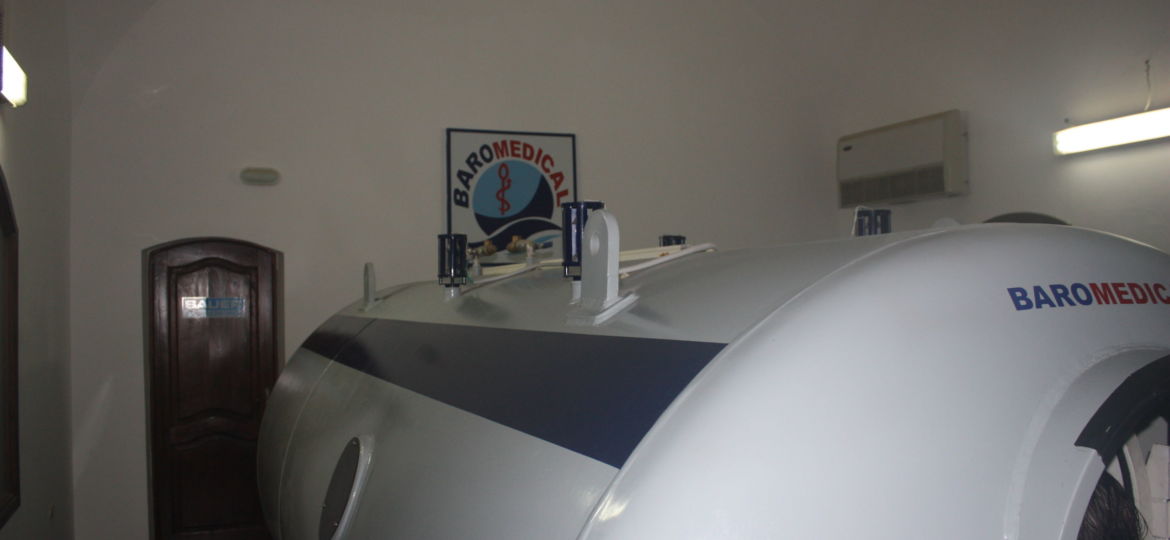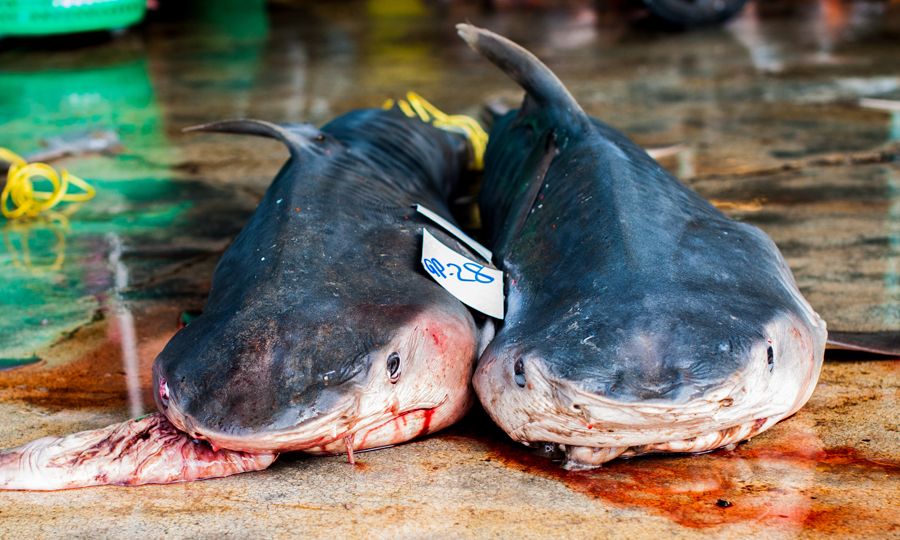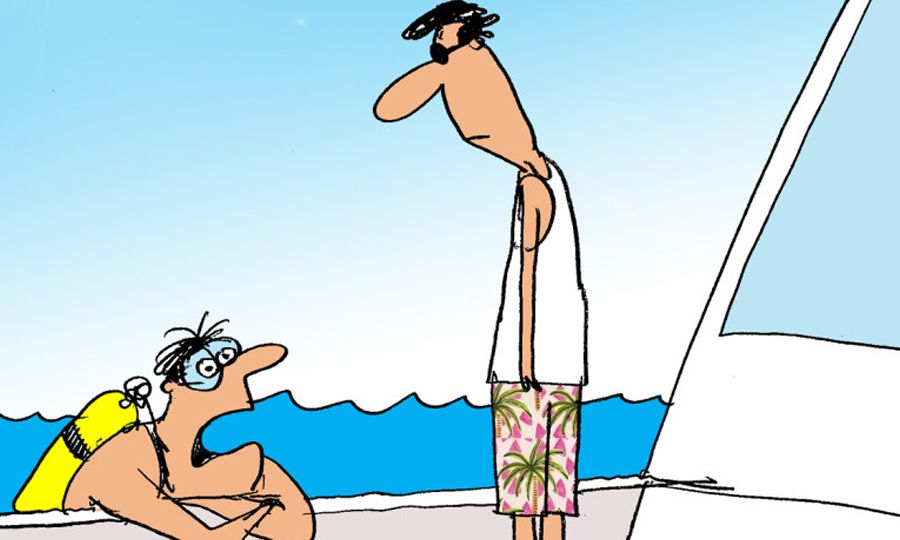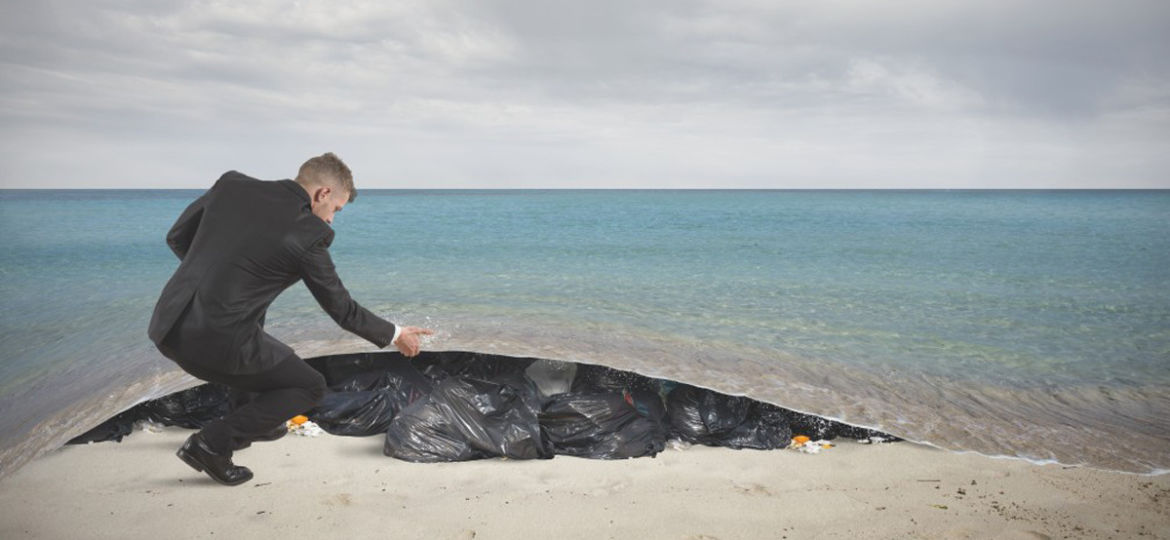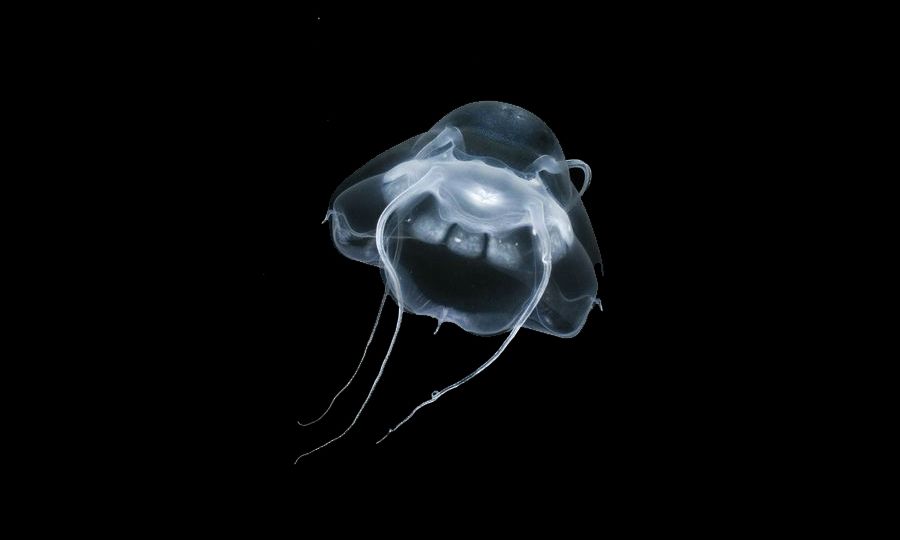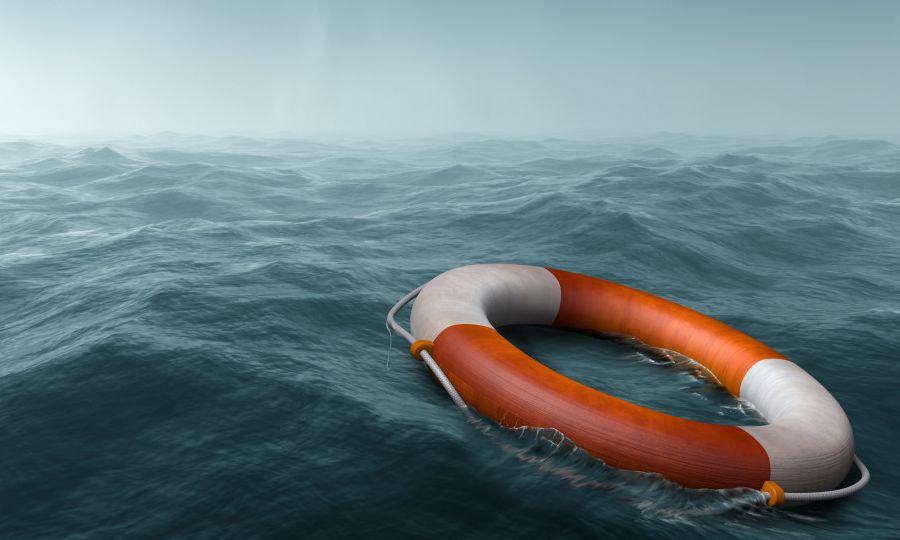The waters off North Carolina’s coast are often called the Graveyard of the Atlantic, thanks to the more than 1,000 wrecks scattered across the seafloor from Currituck Beach in the north to Cape Fear in the south.
Most new divers are taught the flutter kick when they start diving, and it’s easy to see why — the flutter kick is just like the one used in freestyle swimming.
Scuba diving’s aura of daring and adventure, as well as its frequency in exotic locations, has made the sport a favorite of moviemakers for decades.
In the previous installment of this 3-part series, we explored the notion of mindfulness and where it intersects with scuba diving. In this second part, we’ll examine how being more mindful during your dives can make you a better diver.
For many marine animals, life in the ocean is harsh. It’s a constant struggle each day to both find food and avoid becoming food for something further up the food chain.
Cephalopods are members of the Mollusca phylum and include such marine creatures as squid, cuttlefish and octopus.
Listen to and watch your instructor. When he or she is demonstrating a skill, pay attention. They’re doing so for your benefit, and hopefully they have already mastered the skills themselves.
As someone who lives her life counting the days between dives, it may seem unlikely that I wasn’t always comfortable with scuba diving.
Thousands of marine animals are threatened with extinction, but divers can help.
In February, a group of Swedish research divers started the process of recovering a large cache of weapons, found at the bottom of a lake near the small Swedish town of Kolsva, and dating back to World War II’s African theatre.
The idea of mindfulness has been gaining traction for some time now, as evidenced by the increase in courses, books and websites dedicated to teaching people how to be more present in the moment.
People frequently ask me why I freedive when I can scuba dive and stay down longer. My interest in freediving started with a need to challenge myself physically and mentally.
During a trip to Egypt, I toured a hyperbaric clinic near Marsa Alam, a private clinic that treats both land-based and liveaboard divers for symptoms of decompression illness.
A recent reinterpretation of China’s criminal law by the Standing Committee of the National People’s Congress has made it illegal to consume parts from any of the species included on a list of 450 rare or endangered animals.
This is the 42nd of our scuba cartoon series by Jerry King. Let us know what you think and submit your own if you have any! Don’t forget to share with your diver friends!
As divers, we all too often witness the effects of marine pollution firsthand; sadly, even the world’s most remote dive destinations usually bear some evidence of human contamination.
Many people, including some divers, consider jellyfish to be just blobs of slime —annoying at best, dangerous at worst.
Our planet is changing, and the oceans are no exception. These five factors are causing an impact today, and will continue to do so in the future.


